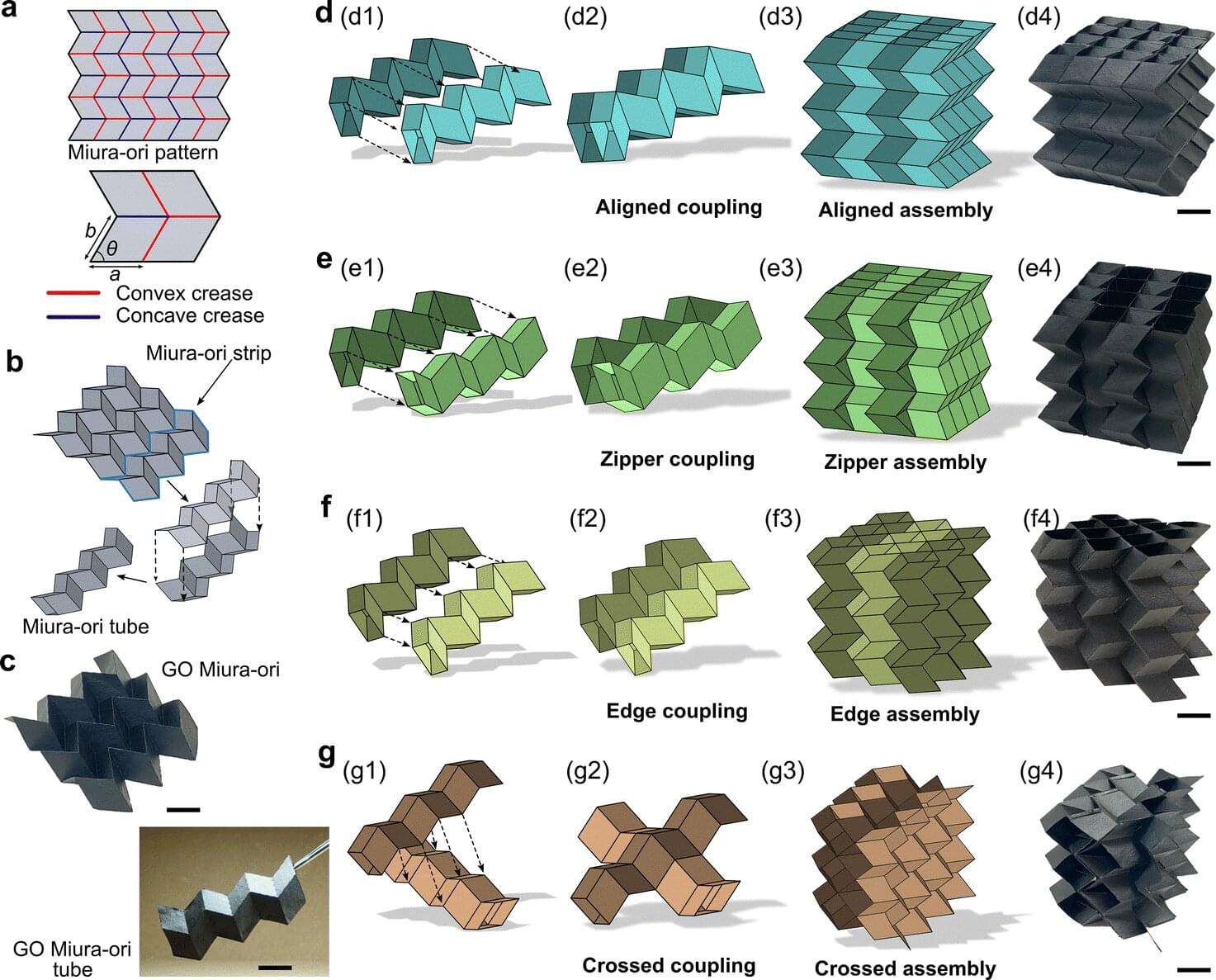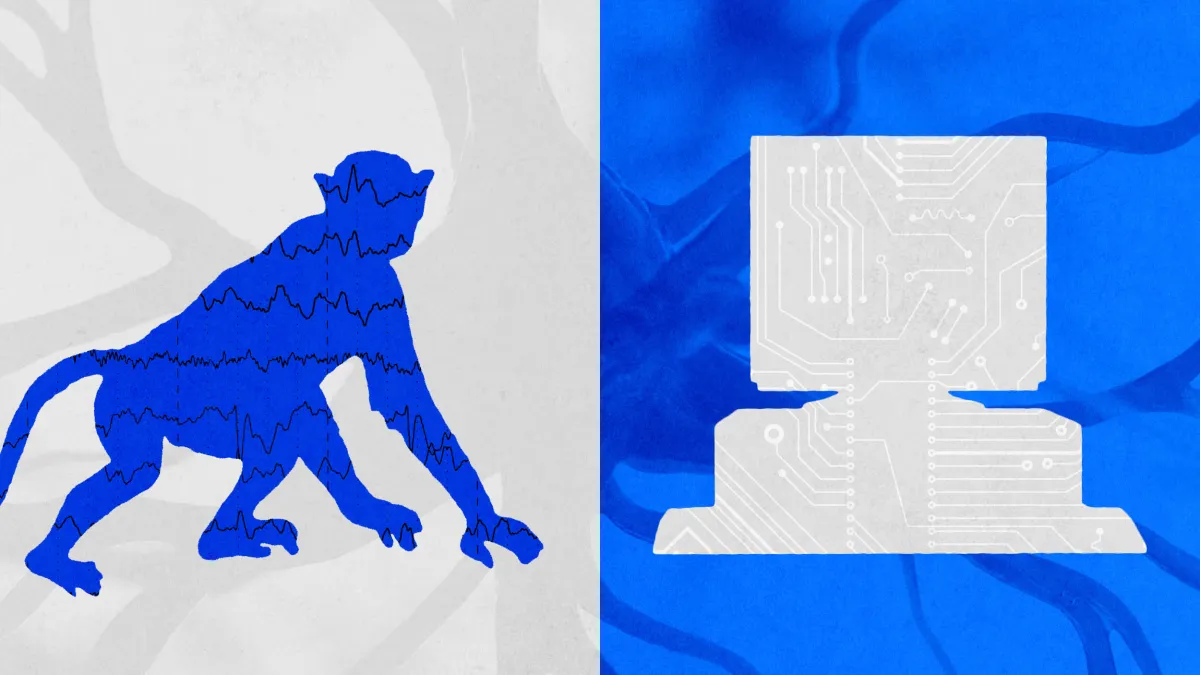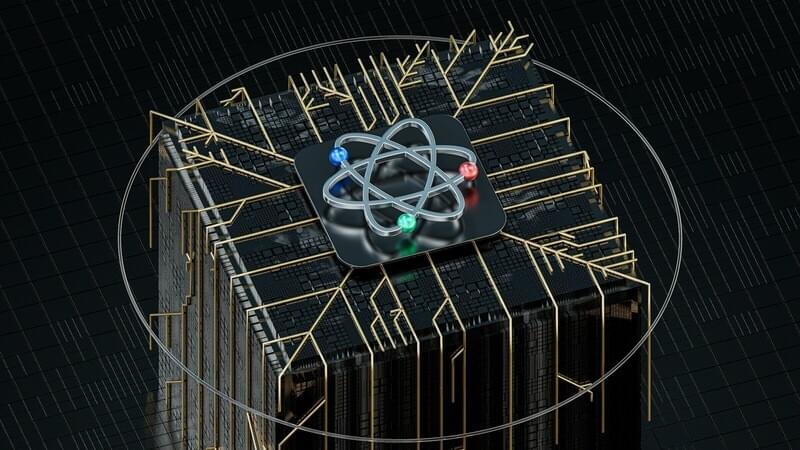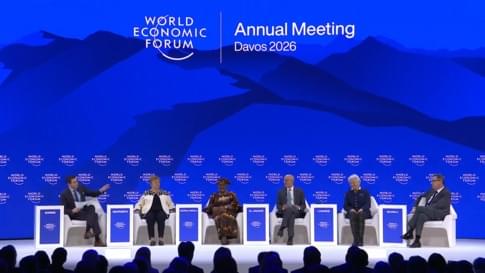What if the AIs of 2026 don’t just assist humans—but outthink, outcreate, and outpace them? This video breaks down why experts are calling the next wave of artificial intelligence “wild,” unpredictable, and unlike anything we’ve seen before.
From autonomous AI agents that can run businesses to models that learn continuously without retraining, 2026 is shaping up to be the year AI crosses invisible psychological and technological lines. We explore the breakthroughs most people aren’t paying attention to—and why they matter more than flashy demos.
You’ll discover how AI reasoning, memory, creativity, and decision-making are evolving fast, and why this shift could quietly redefine work, power, and human relevance. These aren’t sci-fi concepts anymore—they’re already being tested behind closed doors.
This video also reveals the hidden risks, ethical tensions, and control problems emerging as AI systems become less tool-like and more independent. By the end, you’ll understand why 2026 may be remembered as the year AI stopped feeling artificial.
What will AI be capable of in 2026? Why are experts worried about next-generation AI? How will AI change jobs and creativity? Are autonomous AI agents dangerous? Is AI evolving faster than humans can adapt?
*******************





